WinterSim 2019 highlights - day 2
And some highlights from the second day of WinterSim 2019…
We opened the second session of Big Data in Simulation track at #wintersim w/ Philippe J. Giabbanelli's (Miami University) talk about interface of machine learning and modeling and simulation #wsc2019 @WSConf pic.twitter.com/dxTmO0zVRx
— Hamdi Kavak (@hmdkvk) December 10, 2019
Our second speaker is Yan Lu of Old Dominion University. She is presenting her work on GANs to improve malware classification #wintersim #wsc2019 @WSConf pic.twitter.com/VMouYQb7XH
— Hamdi Kavak (@hmdkvk) December 10, 2019
Our last talk is Data-Driven Modeling and Simulation of Daily Activity Patterns of Elderlies Living in a Smart Home by Cyriac Azefack of Mines de Saint-Etienne #wintersim #wsc2019 @WSConf pic.twitter.com/dinbB5MCT8
— Hamdi Kavak (@hmdkvk) December 10, 2019
WinterSim 2019 highlights - day 1
We had a very exciting WinterSim Conference this year. Together with Dr. Abdolreza Abhari, we organized the Big Data in Simulation track at the conference. Our track hosted six excellent talks covering different aspects of the intersection of big data and simulations. Here are some highligths from the first day of the event.
We opened the Big Data in Simulation track with a paper presentation by Damon Frezza of MITRE. His work tackles simulating multifractal signals. #wintersim #wsc2019 @WSConf pic.twitter.com/Z9HE8PXjex
— Hamdi Kavak (@hmdkvk) December 9, 2019
Our track's second talk is about Supply Chain Simulation using Big Data by Luís M.S. Dias of University of Minho #wintersim #wsc2019 @WSConf pic.twitter.com/gvAcfs0N46
— Hamdi Kavak (@hmdkvk) December 9, 2019
... and our last talk for today is by David Shuttleworth of Old Dominion University. His talk is about NPL for Agent-Based Modeling characterization. #wintersim #wsc2019 @WSConf @jojpa pic.twitter.com/BLVxio8hSj
— Hamdi Kavak (@hmdkvk) December 9, 2019
Hope to see you at WinterSim 2019
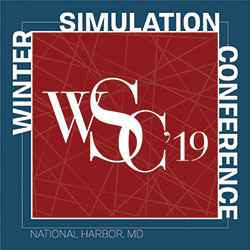
I have the privilege to co-lead the Big Data in Simulation track this year at WinterSim together with Abdolreza Abhari from Ryerson University. This year, we accepted five papers which will be presented in two sessions. I will be at the National Harbor, MD to participate in the conference from December 8 to December 11, 2019. Hope to see you there.
My first day as an assistant professor
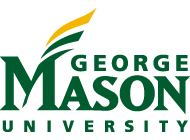
I made it! I have officially started my tenure-track position at the Computational and Data Sciences Dept. at George Mason University. I am joining many prominent faculty of the department including Dr. Rob Axtell and Dr. Andrew Crooks. I am also affiliated with the Center for Social Complexity. I will add more details on my research plans soon.
Won best vision paper runner-up award
Our paper titled ‘Location-Based Social Simulation’ was presented in the 16th International Symposium on Spatial and Temporal Databases and won the best paper runner-up award. In this paper, we presented a vision on addressing several challenges associated with real world dataset by introducing an agent-based data generator. The paper is available here.
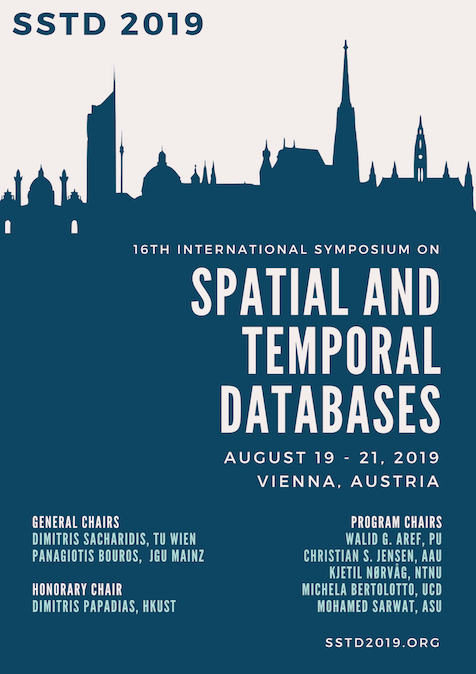
Spring Simulation Conference 2019 highlights
Two news from the Spring Simulation Conference 2019, held at Tucson, Arizona.
- Joon-Seok Kim and I were at the conference to disseminate our work titled ‘Advancing simulation experimentation capabilities with runtime interventions’. This work looks at providing a dynamic what-if experimentation capability for agent-based simulations via automated runtime interventions.
- I have co-chaired the Humans, Societies and Artificial Agents sub-track with Saikou Diallo and Teresa Crea. Our sub-track contributors presented their work in four paper presentation sessions and two panel sessions. Dr. Cathleen Carley among many prominent researchers participated in both paper presentation and panel sessions.
An urban research perspective using procedural city generators
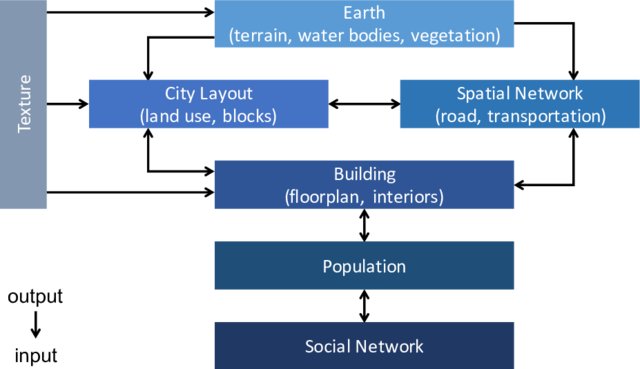
I’ve co-authored a SIGSPATIAL newsletter article w/ Joon-Seok Kim and Andrew Crooks about using procedural city generators for a broader urban research. You can find the full text here.
GeoSim 2018
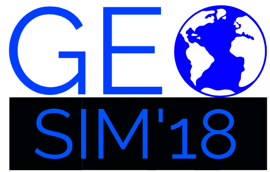
With my team members from GMU and Tulane University, we organized the GeoSim 2018 Workshop as part of the SIGSPATIAL 2018 (Seattle, Washington, USA). We invited innovative research topics that combine simulation and geospatial modeling. The workshop program included invited talks, paper presentations, and a panel discussion. More details are at geosim.org.
SBP-BRIMS 2018
I have presented our paper ‘Fine-Scale Prediction of People’s Home Location using Social Media Footprints’ at SBP-BRIMS 2018.
Ever wondered how tourists feel in their attraction visits?
This study proposes a sentiment-based approach to investigate the temporal and spatiotemporal effects on tourists’ emotions when visiting a city’s tourist destinations. Our approach consists of four steps: data collection and preprocessing from social media; visitor origin identification; visit sentiment identification; and temporal and spatiotemporal analysis. The temporal and spatiotemporal dimensions include day of the year, season of the year, day of the week, location sentiment progression, enjoyment measure, and multi-location sentiment progression. We apply this approach to the city of Chicago using over eight million tweets. Results show that seasonal weather, as well as special days and activities like concerts, impact tourists’ emotions. In addition, our analysis suggests that tourists experience greater levels of enjoyment in places such as observatories rather than zoos. Finally, we find that local and international visitors tend to convey negative sentiment when visiting more than one attraction in a day whereas the opposite holds for out of state visitors. Below you will see some interesting results we gathered. Full text here.

